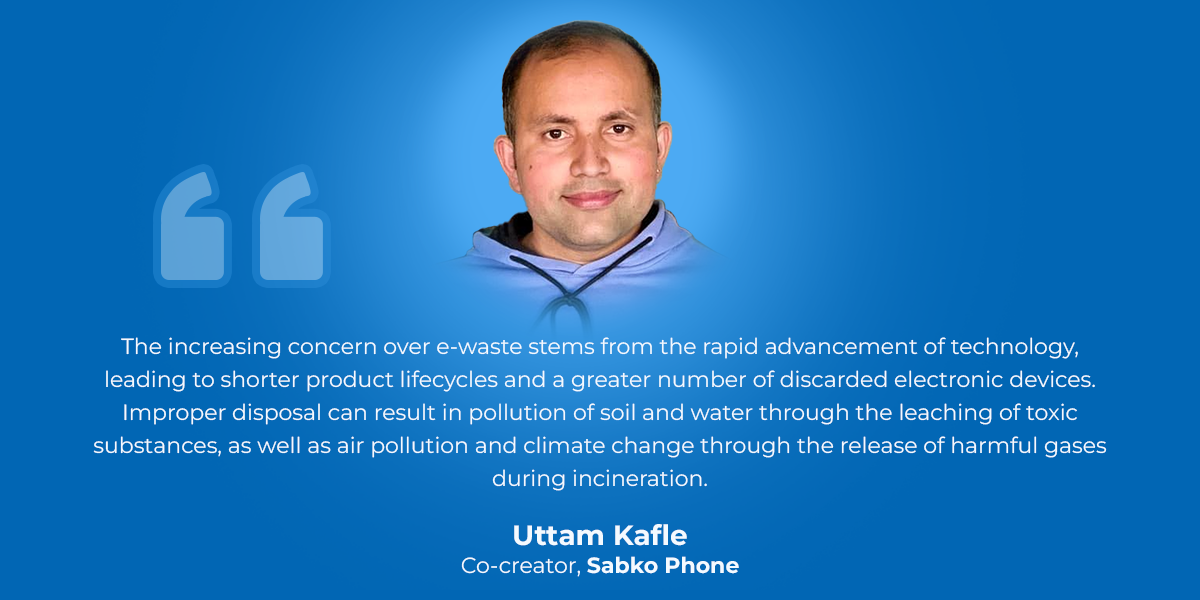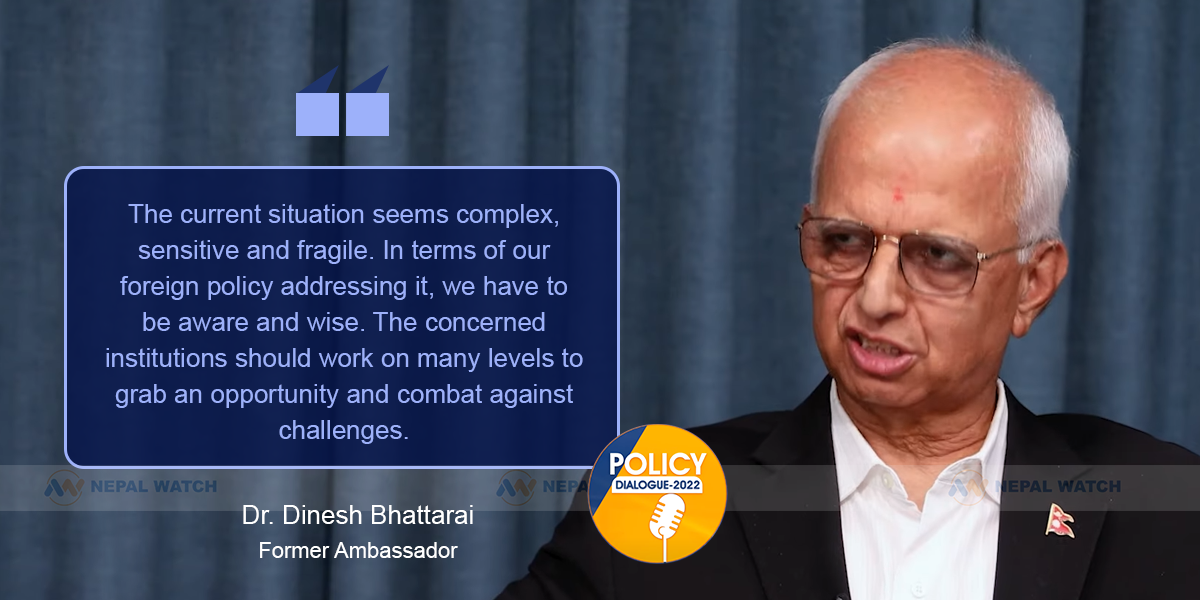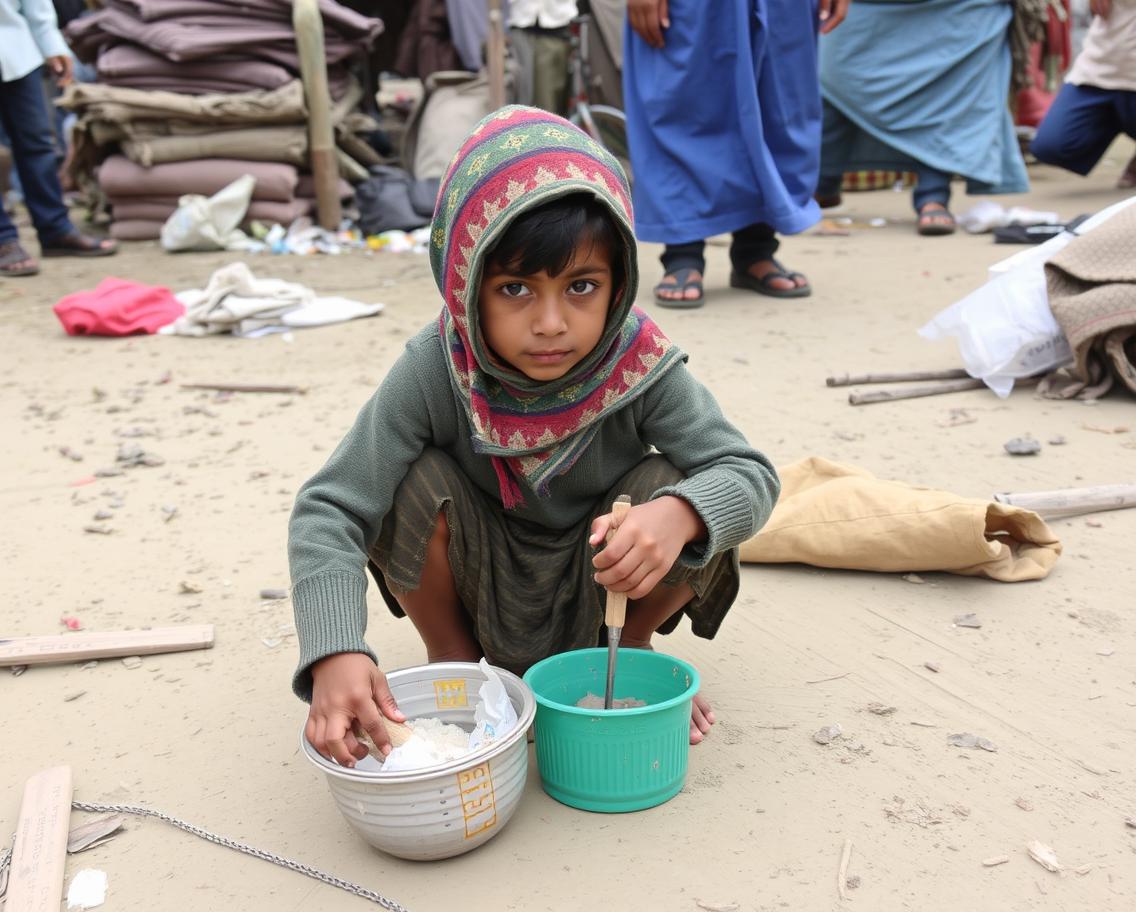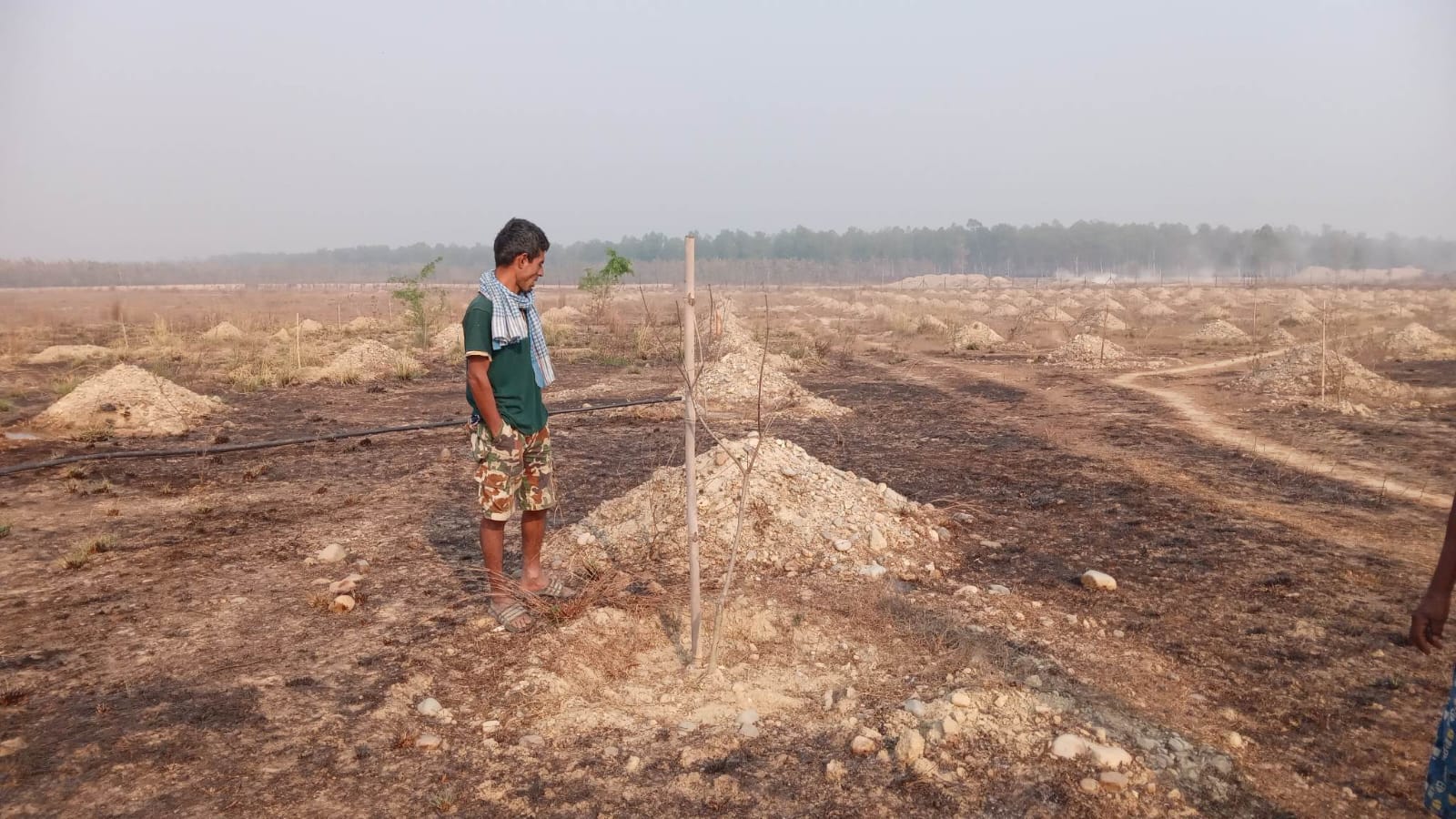E-Waste Management Challenges and Efforts in Nepal

Kathmandu. Electronic waste, commonly known as e-waste, encompasses a wide range of discarded or obsolete electronic devices and equipment.
These include computers, mobile phones, televisions, appliances, and various consumer and industrial electronic devices. Improper handling of e-waste can pose significant environmental and health risks due to the hazardous materials they contain, such as lead, mercury, cadmium, and brominated flame retardants.
Globally, e-waste production exceeds 50 million metric tons annually, with an average of around seven kilograms per capita, according to a source on www.statista.com. South Asia, including Nepal, is a major contributor to this growing issue, driven by rapid economic growth, increasing consumerism, and technological advancements.
In 2015, South Asia produced 2,621 kt of e-waste, with production steadily increasing each year. By 2019, the region’s annual e-waste production had reached 4,057 kt, as reported on www.ncbi.nlm.nih.gov. These statistics highlight the urgent need for effective e-waste management strategies in South Asian countries.
Nepal, like many other countries in the region, faces significant challenges in e-waste management. The country currently lacks proper regulations, infrastructure, and awareness regarding e-waste disposal. Consequently, a substantial amount of e-waste generated in Nepal is not adequately handled, leading to environmental and health risks.
According to a report by the United Nations University, Nepal generated approximately 8,000 tons of e-waste in 2017, and this figure is expected to rise in the coming years. However, there are only a limited number of formal e-waste recycling facilities in the country to cope with the growing volume of e-waste.
Furthermore, informal e-waste handlers often resort to unsafe and environmentally harmful practices, such as burning or dismantling e-waste components. These practices release toxic chemicals into the air and soil, exacerbating the environmental impact.
However, various organizations in Nepal, such as Blue Waste, Doko Recyclers, and Sabko Phone, are making efforts to promote proper e-waste management. These initiatives include establishing collection centers, refurbishing electronic devices, and implementing awareness-raising campaigns.
The increasing concern over e-waste stems from the rapid advancement of technology, leading to shorter product lifecycles and a greater number of discarded electronic devices. Improper disposal can result in pollution of soil and water through the leaching of toxic substances, as well as air pollution and climate change through the release of harmful gases during incineration.
Proper e-waste management involves refurbishing, recycling, and disposing of electronic devices in an environmentally friendly manner. This includes upcycling used electronics, segregating and recovering valuable materials for reuse, and safely disposing of hazardous substances. Recycling e-waste helps conserve resources, reduces the need for raw material extraction, and prevents the release of toxic substances into the environment.
In recent years, governments, organizations, and individuals have become increasingly aware of the importance of responsible e-waste management.
Efforts are underway in Nepal to promote the use of locally refurbished mobile phones, establish more collection centers, and develop necessary regulations to ensure the safe handling, recycling, and disposal of electronic waste. These initiatives aim to minimize the environmental and health impacts associated with e-waste and pave the way for a more sustainable future.
Reference:
- Global E-waste Monitor 2017: https://collections.unu.edu/eserv/UNU:6341/Global-E-waste_Monitor_2017__electronic_single_pages_.pdf
Trending
Related News
Latest
-

Riddara RD6 EV Pick Up Launches Exchange Offer In Nepal
-

Shop More, Save More with Daraz Nepal’s 5.5 Best Price, Best Deals
-

Unveiling the Galaxy S25 Ultra 1TB: Samsung’s Tera-fic New Flagship Variant Kicks Off the New Year with Unprecedented Storage Power
-

UK announces £10 million for Myanmar quake relief
-

World Bank Approves financing package of 150 Million USD to Nepal
















